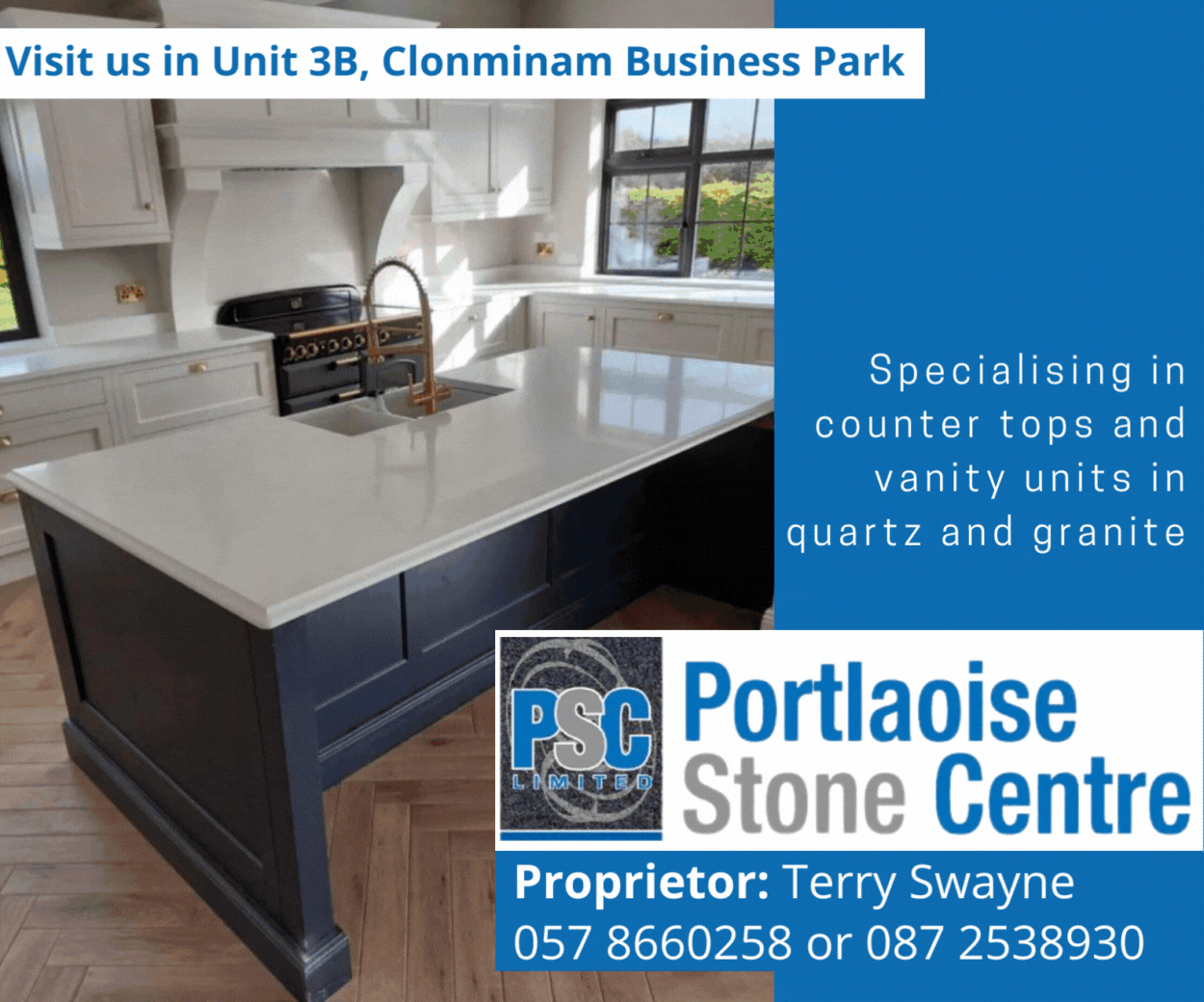Gareth Sheridan, the latest name to emerge as a candidate for this year’s Irish presidential election, is likely to seek the support of Laois County Council to get his name on the ballot.
Sheridan, the 35-year-old Dublin native who has become a multi-millionaire through his US-based pharma pain relief company Nutriband, will officially launch his campaign in Dublin this Thursday – but he will need the support of four County Councils in order to actually become a candidate.
And the councillors in Laois are likely to be one of the councils that Sheridan is counting on for support.
Cllr Aisling Moran – an Independent candidate in last year’s General Election – was among the supporters alongside Sheridan at the Tullamore Show on Sunday last. Also photographed were Independent Tipperary councillors Liam Browne from Cashel and Seamus Morris from Nenagh.
Cllr Moran looks set to get sufficient support in Laois County Council while Tipperary is shaping up favourably for Sheridan also, who said in an interview with the Sunday Independent at the weekend that he has “a significant number of councillors and councils behind me so we think we’re in a strong position”.
While Moran wasn’t successful in last year’s General Election, she did have the support of fellow Independent candidates Tommy Mulligan, James Kelly and Ben Brennan. That is no guarantee of that support again on this occasion but given how the council system works, it may not all be needed in any case.
Though nothing is confirmed, Sheridan’s campaign team say they believe to have the support of up to eight councils.
There are two main routes to becoming a candidate in a presidential election – by getting either 20 nominations from Oireachtas members (TDs or Senators) or through the support of four county or city councils.
Mairead McGuinness has the Fine Gael nomination tied up and with Catherine Connolly having the support of a number of left-leaning TDs and Senators (including Laois TD Brian Stanley), the numbers simply aren’t there for another Independent candidate to avail of the Oireachtas option.
Fianna Fáil and Sinn Féin candidates, if and when they emerge, will avail of the support of their Oireachtas members.
It means that the Council route is the only option available to Sheridan and any other Independent candidates that may emerge.
Though it is possible for party-backed councillors to vote against a presidential hopeful, there is generally an understanding not to stand in someone’s way.
For example, when Laois County Council backed Gemma O’Doherty in 2018, she only needed the support of four councillors – Ben Brennan (Independent), Paschal McEvoy (Fianna Fáil) and Caroline Dwane-Stanley and Aidan Mullins, who were both then part of Sinn Féin. The remaining councillors present at the meeting abstained.
It was similar in other counties – for example Peter Carey got seven votes in Clare but there were 18 abstentions. Carey did need to come through a vote in both Kerry and Limerick.
A council can only back one candidate and will decide at a specially-convened meeting.
Across the history of Irish presidential elections, a candidate coming via the council route has never been successful though it has provided the likes of Casey, who was runner up in 2018, and Sean Gallagher who was runner-up in 2011.
The first time a candidate ever came through the council path was former Eurovision Dana Rosemary Scallon in 1997.
Though Gemma O’Doherty didn’t get on the ballot in 2018 as Laois was the only council to support her, David Norris was backed by Laois in 2011.
Sheridan says he will fund the campaign – which is estimated to cost up to €1 million – from his personal savings.
“Absolutely nothing wrong with them,” he said of Mairead McGuinness and Catherine Connolly, the only confirmed candidates so far.
“They are both formidable women and politicians. Anyone who puts their name on the ballot paper deserves to be treated with respect.
“However, unlike them, I am not from the political establishment, I am truly independent and not beholden to any political party or ideology and I think that is the kind of presidency Ireland requires now as we look to the future rather than dwell on the past.”
SEE ALSO – Martina Mulhall: From rucks to rounds – Meet the Laois doctor in Ireland’s second row































